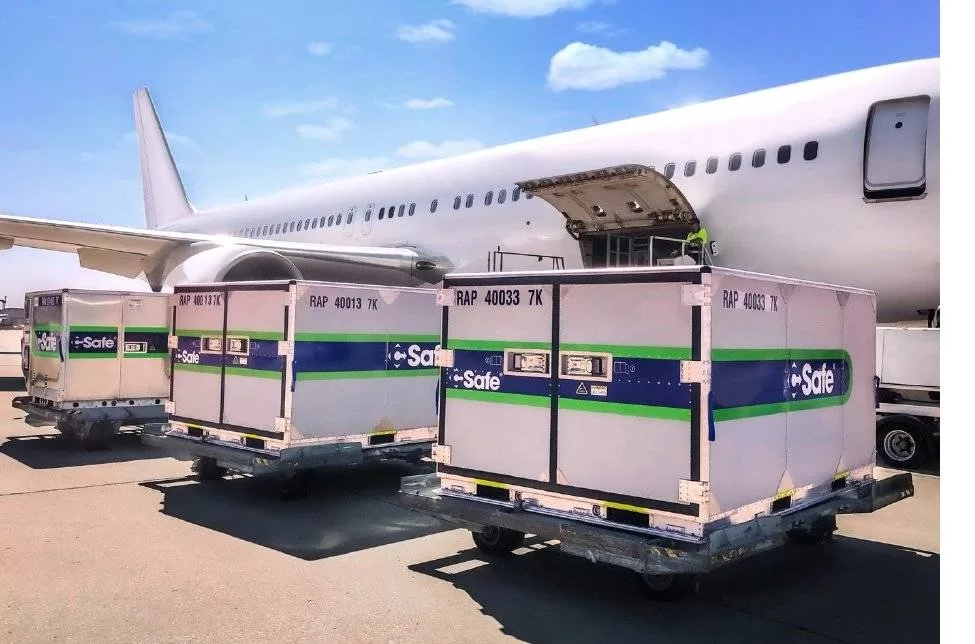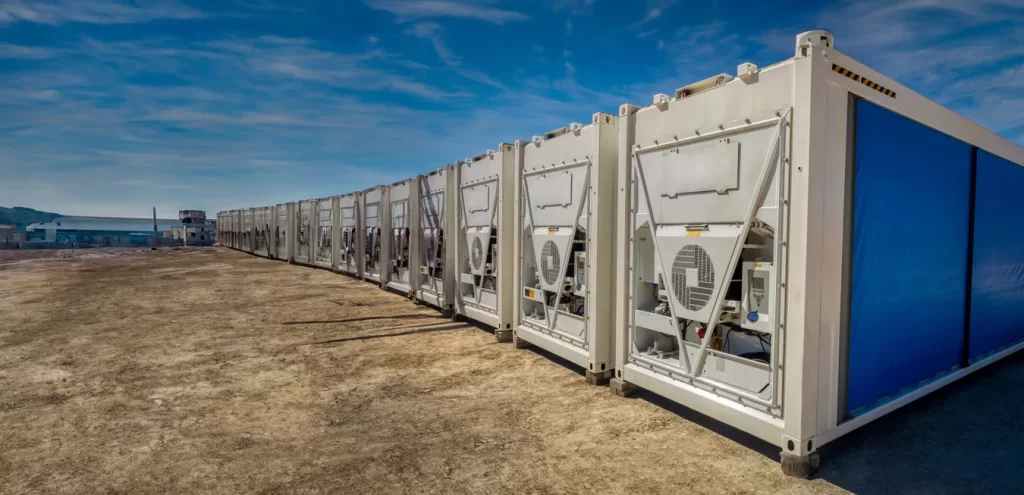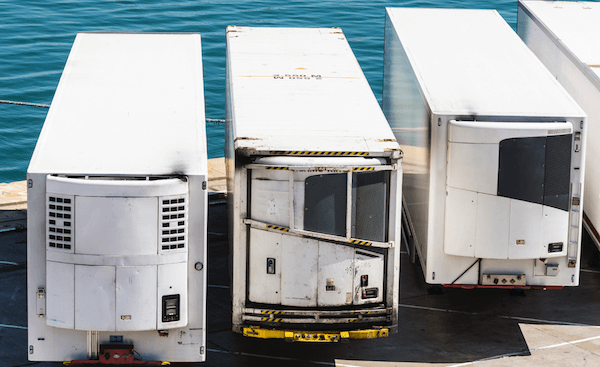Can air freight forwarding services provide temperature-controlled transportation?
In international trade, businesses face the complex challenge of ensuring that products reach customers in optimal condition. For industries that handle perishable goods or temperature-sensitive products, ensuring that the integrity of the goods is maintained during transportation is paramount. Air freight forwarding services can be a good solution to such problems in logistics services. Many users will also ask: Can air freight forwarding services provide temperature-controlled transportation?
Temperature-controlled logistics is becoming increasingly important in various industries. With strict regulations and growing consumer expectations, the need for reliable, safe, and efficient temperature-controlled transportation is more urgent than ever. This blog post will explore how air freight forwarding services can provide temperature-controlled transit and the benefits they bring to international traders.
Temperature-controlled Logistics in Air Freight Forwarding Services
Air freight forwarding services have long been the preferred solution for businesses that require fast and reliable cross-border transportation. With the increasing demand for quicker shipping times and the need for professional handling, air freight has become a necessity in various industries that handle high-value, time-sensitive products. Temperature-controlled transportation is one of the key services that air freight forwarding can provide, enabling the transportation of goods that require specific temperature conditions, such as refrigerated or frozen products.
The foundation of temperature-controlled air freight lies in the technology used to regulate and monitor cargo temperature. Specialized containers, known as refrigerated or “reefers,” are designed to maintain precise temperature levels. These containers can accommodate various temperatures, from frozen goods to products that require a calm or ambient environment. Air freight forwarding services offering this solution are equipped with the infrastructure to ensure that these containers maintain the desired temperature throughout the transit process.
Air Freight Forwarding Services: The Technology Behind Temperature-Controlled Shipping
To provide reliable temperature-controlled shipping, air freight forwarding service rely on advanced technology to ensure the safe transportation of temperature-sensitive goods. Refrigerated containers and temperature monitoring systems are at the heart of this process.
Refrigerated containers can maintain a specific temperature during air freight. These containers have built-in cooling systems that regulate the temperature and prevent products from overheating or freezing during transportation. You can set them to a specific temperature range depending on the nature of the cargo, such as -20°C for frozen items and 2-8°C for perishable goods like pharmaceuticals or fresh foods. In addition to refrigerated containers, air freight forwarding services also use temperature monitoring devices to track cargo temperature during transportation. These devices can be installed inside the container or attached to the cargo and continuously monitor and record the temperature.
Complying with international standards for temperature-controlled cargo
For businesses that require temperature-controlled shipping, compliance with international standards is non-negotiable. These regulations ensure the safety and integrity of products, especially in industries such as pharmaceuticals and food, where temperature fluctuations can lead to contamination, deterioration, or reduced efficacy. Air freight forwarding services specializing in temperature-controlled shipping must adhere to strict guidelines set by various regulatory bodies, including WHO, IATA, and local regulators. These regulations dictate how companies should handle, store, and ship temperature-sensitive products, including guidelines for minimum and maximum temperature ranges and procedures for managing emergency situations such as temperature deviations.
Benefits of temperature-controlled shipping for international traders
Fast shipping is essential to maintaining product quality for businesses that handle highly temperature-sensitive products. In addition to speed, air freight services offer increased reliability. With advanced monitoring systems, companies can track temperature-sensitive shipments in real-time, ensuring that the goods remain within the required temperature range throughout the shipping process. This reduces the risk of deterioration or damage during transportation. Temperature-controlled air freight services also help businesses maintain a competitive edge. By reducing shipping times and ensuring product integrity, companies can meet customers’ needs who require fast delivery of high-quality, temperature-sensitive goods.
Related Cost Considerations
While temperature-controlled air freight offers many advantages, it is essential to understand that these services often come at an additional cost. Additional costs associated with temperature-controlled shipping may include specialized containers, monitoring equipment, and higher operating costs for handling sensitive goods. The cost of temperature-controlled air freight will depend on factors such as the size and weight of the shipment, its destination, and specific temperature requirements. Generally speaking, refrigerated air freight is more expensive than standard air freight because it requires additional resources to maintain the necessary temperatures, such as refrigerated containers and temperature monitoring equipment. In addition, temperature-sensitive shipments require more attention and handling, which can also increase costs.
Ensuring Safe and Efficient Temperature-Controlled Shipping
By using advanced technology such as refrigerated containers and real-time temperature monitoring in air freight forwarding services, air freight providers can ensure that products are safely and efficiently transported across borders. While temperature-controlled air freight may cost more than standard air freight, its advantages of speed, reliability, and compliance with international regulations make it an indispensable service for industries that rely on maintaining specific temperature conditions during transportation.





